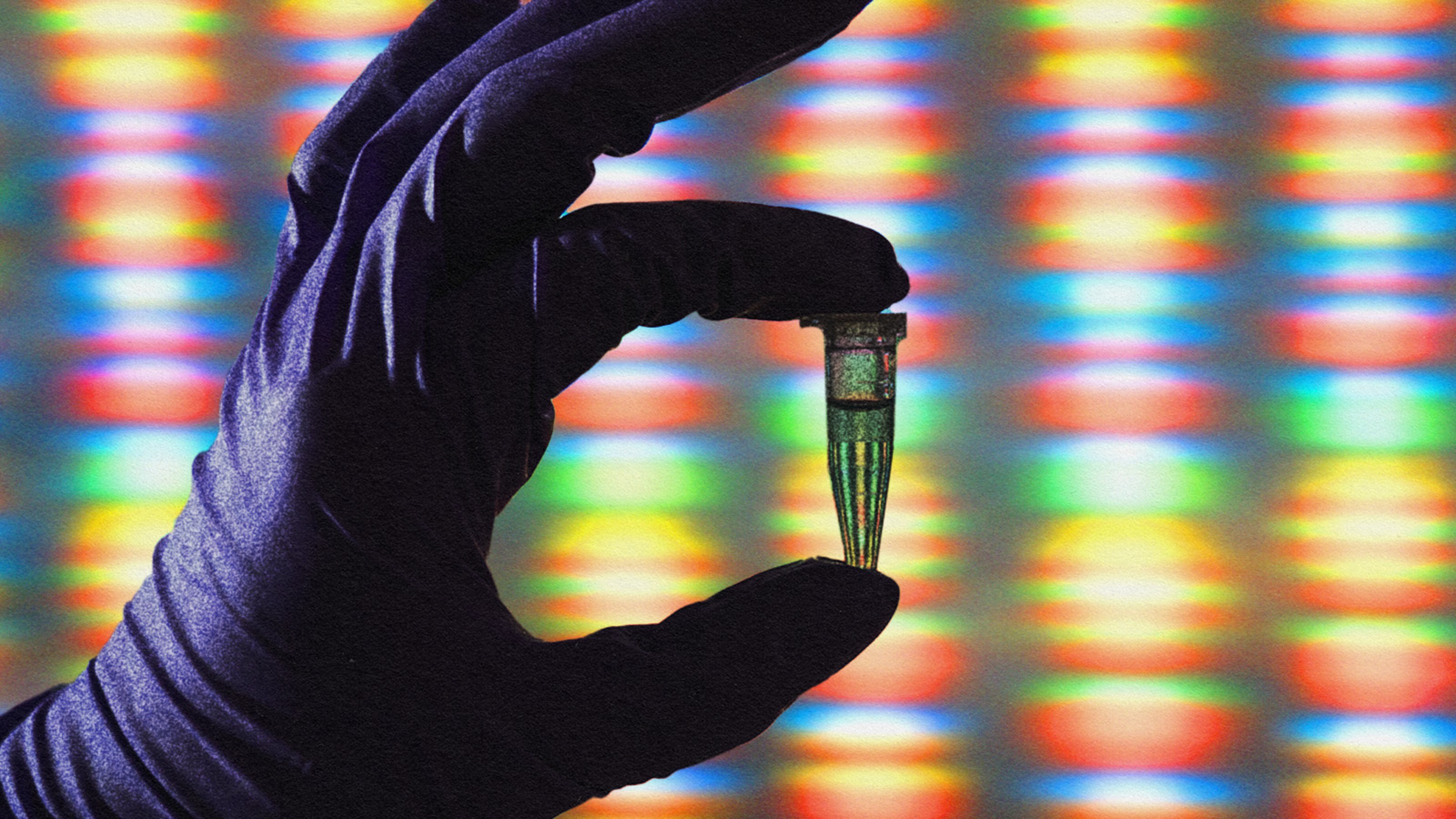How Genetics Is Revolutionizing Cancer Research

The 20th century was dominated by breakthroughs in physics and chemistry, but the 21st century will belong to genetics and biotechnology. Cancer research is just one area among many that is being transformed by the sequencing of the human genome. This was one of the topics discussed in our recent panel with leading cancer researchers, part of our Breakthroughs: Cancer series.
In 2006 the National Institutes of Health established The Cancer Genome Atlas, a systematic attempt to map the key genomic changes in major types and subtypes of cancer. The initiative launched with a pilot program to study brain, lung, and ovarian cancers, and in 2009 it expanded to study 20 cancer types over the next five years.
So far, what we’ve learned from The Cancer Genome Atlas is disconcerting in the sense that we’ve discovered far more subtypes of cancer than were previously known. But this information will be “extremely informative” for targeted therapies, says Harvard cell biologist Lewis Cantley. For the most part, scientists have given up on the idea of a universal cure for cancer and are looking for treatments that are tailored to the specific type of cancer and the patient’s genetic makeup.





